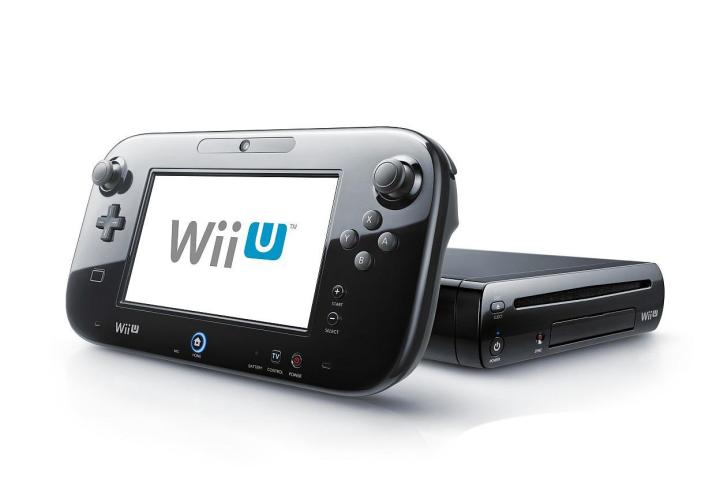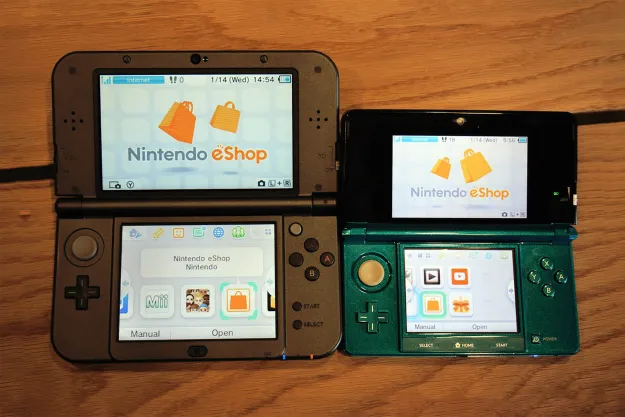
Nintendo slashed its annual forecast from an expected half-billion dollars in profit, to roughly $240 million in losses (all currency converted from estimates in Japanese yen) following the weak 2013 performance of its Wii U console, Bloomberg reports. The trimmed forecast also includes projected sales numbers; the Wii U is now expected to report 2.8 million units sold in 2013, down from 9 million. Wii U software sales have similarly changed from 19 million, down from 38 million. President and CEO Satoru Iwata addressed the financial troubles in a press conference where he suggested that the company is exploring new options for conducting its business.
“We are thinking about a new business structure,” Iwata said. “Given the expansion of smart devices, we are naturally studying how smart devices can be used to grow the game-player business. It’s not as simple as enabling Mario to move on a smartphone.”
Iwata offered no further explanation as to what a “new business structure” might mean for the company, its products, and its diverse library of undeniably valuable IPs, but it’s clear that something is missing. There’s a tendency to pin the Wii U’s failings on the lack of strong content, but that’s not entirely true anymore. The reality is more mathematical than that. There are just over three million Wii U consoles out in consumer homes around the world (although that number might be slightly higher following the Holidays, but not by much). The forecast of 19 million game sales means that an average of roughly 1.6 million users are buying one game per month. That’s around half the userbase right now. It’s an ambitious estimate, especially with an average of 4.6 Wii U games released per month in 2013 (not including Virtual Console).
“We cannot continue a business without winning,” Iwata said. “We must take a skeptical approach whether we can still simply make [hardware], offer them in the same way as in the past for [around $200] or [around $300], and sell titles for a couple of thousand yen each.”
It’s impossible to predict what’s going to happen next at Nintendo, though ‘Big Changes’ of some sort seem to be on the horizon. Whether that’s a management shuffle, a loosening of third-party IP licensing constraints to, say, allow for Nintendo content on non-Nintendo platforms, or even – unlikely as it seems – an end to the Wii U’s so-far-brief, slow-to-improve existence remains to be seen. 2014 is going to be a difficult year for the company, perhaps the most challenging yet. Stay tuned for more as we hear it.
Editors' Recommendations
- The biggest gaming news of 2023: Insomniac leak, GTA 6 reveal, and more
- Nintendo is shutting down online services for 3DS and Wii U next April
- Grab these Nintendo 3DS games before the eShop closes
- Nintendo’s Wii Shop Channel and DSi shops are back online
- The 25 best Nintendo 3DS games


